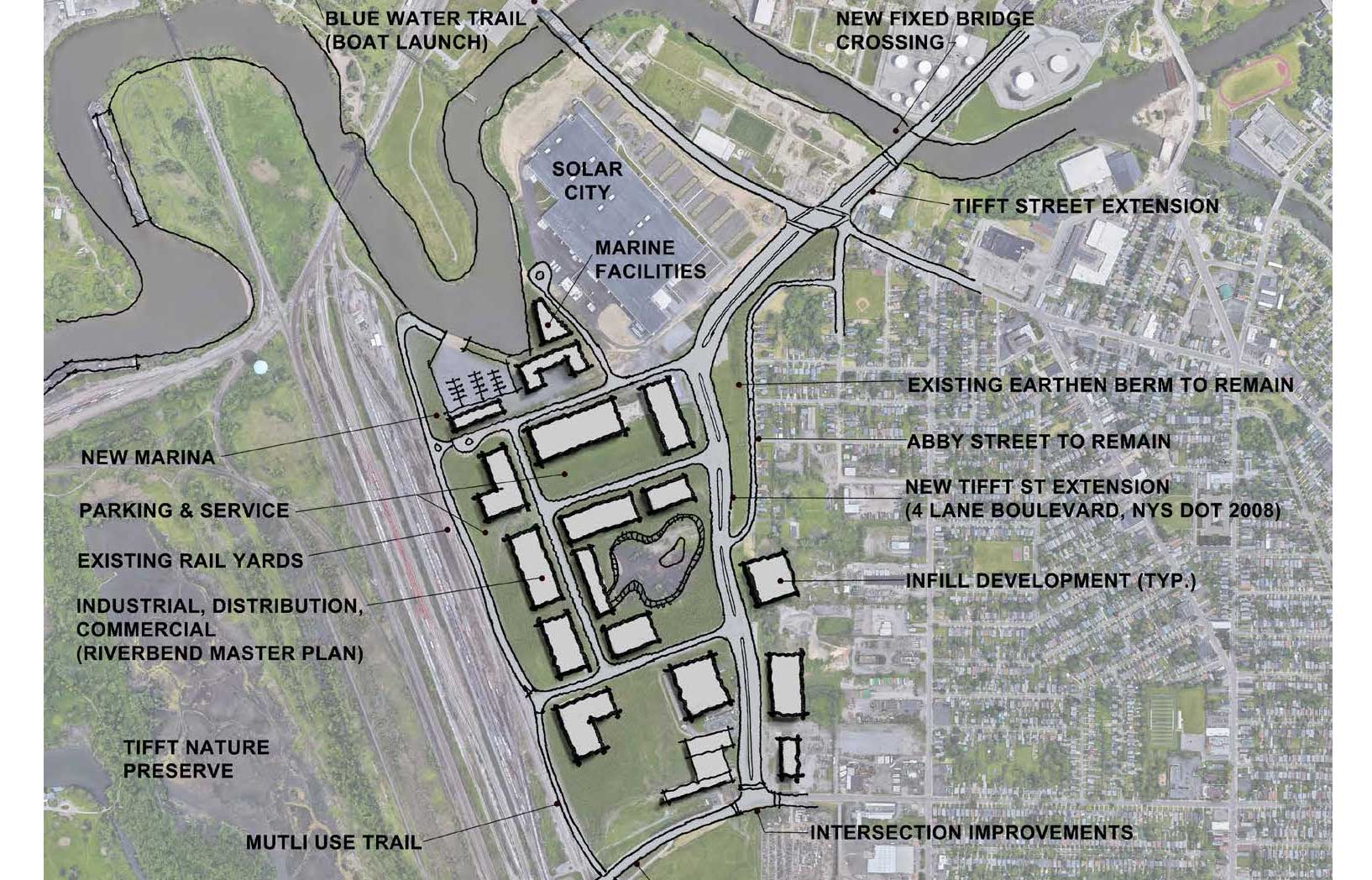DSC
Superstar
In June 2020 Council approved this Report:
Authority to Enter Into a Project Delivery Agreement with Waterfront Toronto for the Design of Lake Shore Boulevard East, Don River to Logan |
City Council Decision |
City Council on June 29 and 30, 2020, adopted the following: 1. City Council authorize the City to enter into a Project Delivery Agreement with Waterfront Toronto (the Toronto Waterfront Revitalization Corporation) for the completion of the design, cost estimate and traffic impact assessment for Lake Shore Boulevard East including a new bridge over the Don River on terms and conditions satisfactory to the Deputy City Manager, Infrastructure and Development Services and in a form satisfactory to the City Solicitor.. In November 2020 the Waterfront Toronto FARM Committee will vote on a motion reading: ON MOTION duly made, seconded, and carried, be it RESOLVED that the Finance, Audit and Risk Management Committee recommends to Board of Directors for approval: a) the incremental Capital expenditure of $147.24M to complete the Lake Shore Boulevard East – Bridge and Public Realm project construction (the “Project”), SUBJECT TO approval from City Council and execution of a funding agreement with the City of Toronto; b) the Project be constructed by Ellis Don Civil Construction (ED) under the existing PLFP Construction Management Agreement between and WT; and c) the Project being added to the Corporation’s Rolling Five-Year Strategic Plan (2021/22 – 2025/26). Details are in the FARM Committee meeting documents for 26 November 2020. are at: https://www.waterfrontoronto.ca/nbe...mber+26,+2020+(updated+11-24).pdf?MOD=AJPERES |





